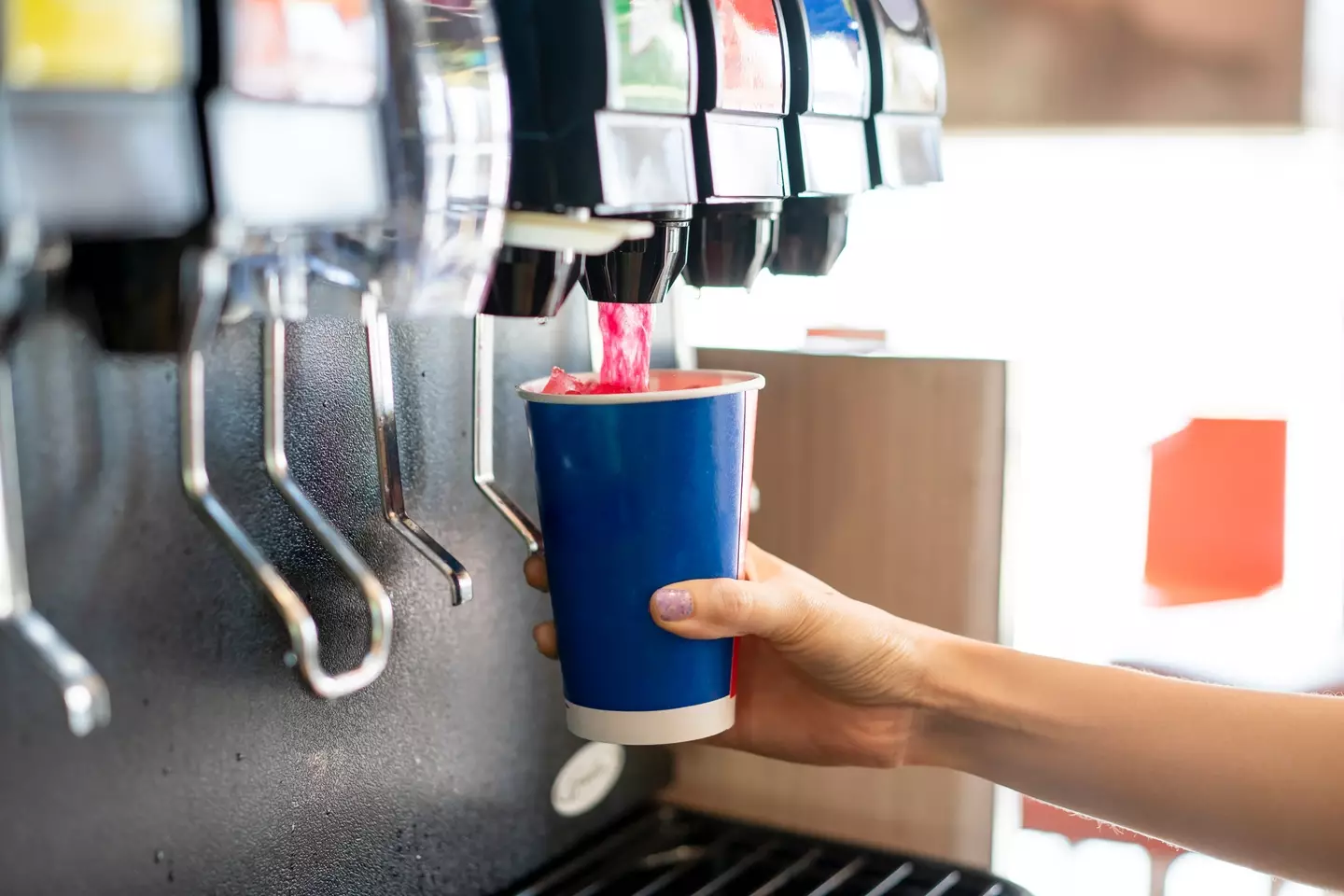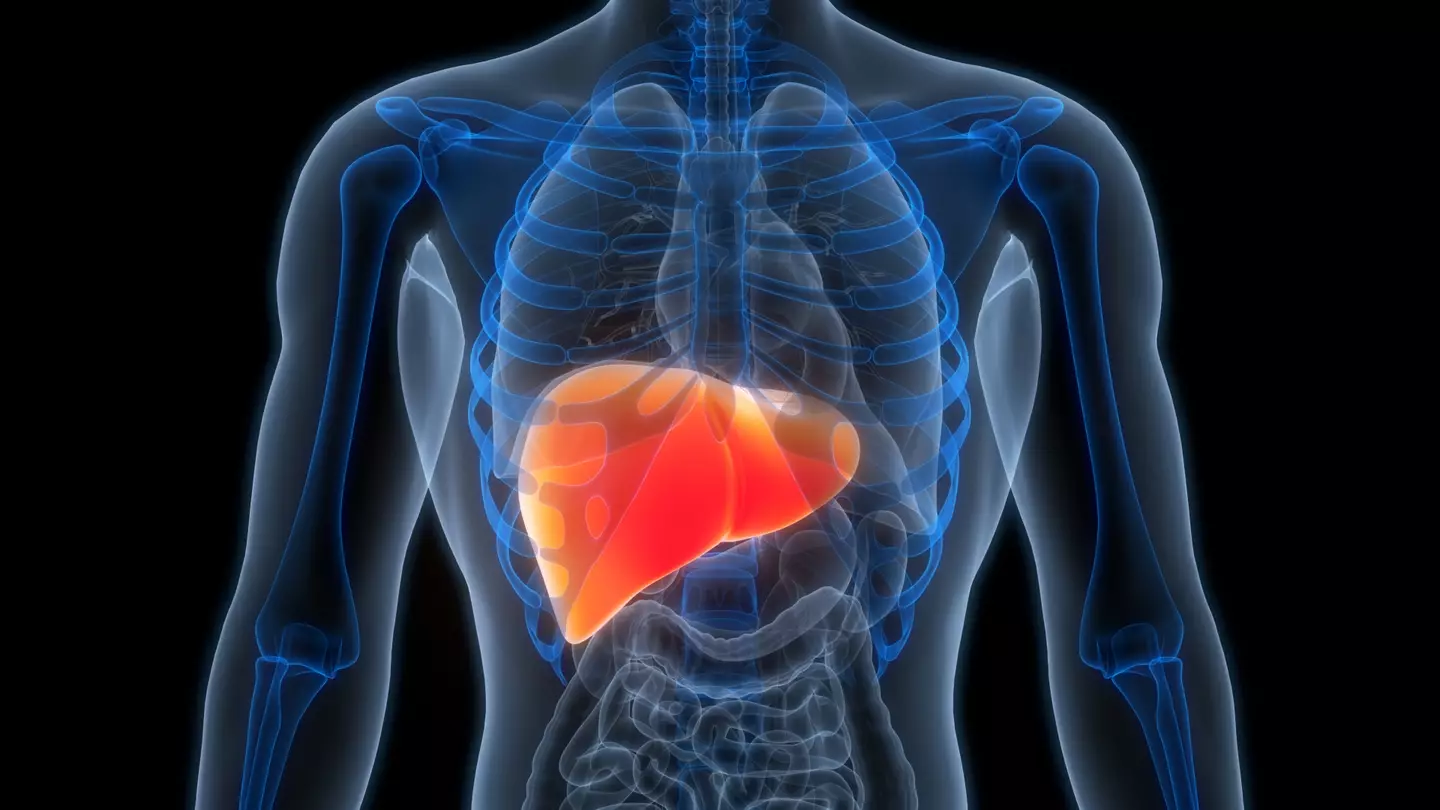Almost half of the American population consumes soda daily, but recent studies indicate this habit may elevate the risk of a serious health condition.
Even consuming less than a single can daily might jeopardize one’s health.
Despite popular belief that diet or zero-calorie sodas are healthier, research suggests they could be more harmful than regular sodas in terms of increasing the risk of a specific liver disease.
The research, featured in Medscape last month, found that consuming nine ounces or more of diet soda daily could elevate the risk of nonalcoholic fatty liver disease (NAFLD) by 60%. Meanwhile, those who preferred full-sugar sodas saw a 50% increased risk.
A standard can of soda in the US contains 12 ounces, meaning even a single can is above the dangerous threshold.

NAFLD is characterized by fat accumulation in the liver in individuals who consume little to no alcohol. Despite being alcohol-free, it can cause damage similar to heavy drinking, potentially leading to liver cirrhosis or cancer.
This condition, also known as metabolic dysfunction-associated steatotic liver disease (MASLD), is a major global cause of liver cancer.
Currently, about 38% of Americans are affected by this condition, with rates having surged by 50% in the last 30 years.
Lihe Liu, the lead author from Soochow University, China, noted, “Sugar sweetened beverages (SSBs) have long been under scrutiny, while their ‘diet’ alternatives are often seen as the healthier choice.”
“Our study shows that LNSSBs (low- or non-sugar-sweetened beverages) were actually linked to a higher risk of MASLD, even at modest intake levels such as a single can per day,” Liu stated.
The study also highlighted that drinking diet sodas might increase the risk of mortality from liver disease.
Liu emphasized, “These findings challenge the common perception that these drinks are harmless and highlight the need to reconsider their role in diet and liver health, especially as MASLD emerges as a global health concern.”

Regular sugary sodas can spike blood glucose and insulin levels, contributing to weight gain and liver fat accumulation.
However, diet sodas present additional concerns, as their artificial sweeteners and low-calorie additives impact more than just blood sugar.
Liu commented, “They can change the gut microbiome, interfere with feelings of fullness, increase preference for sweet foods and even stimulate insulin secretion.” Liu further noted the benefits of water, saying, “Water, however, hydrates the body without affecting metabolism, helps with satiety and supports overall metabolic function.
“That’s why the risk reduction is similar no matter which sweetened drink is replaced — it shows that water is the healthiest default beverage.”

